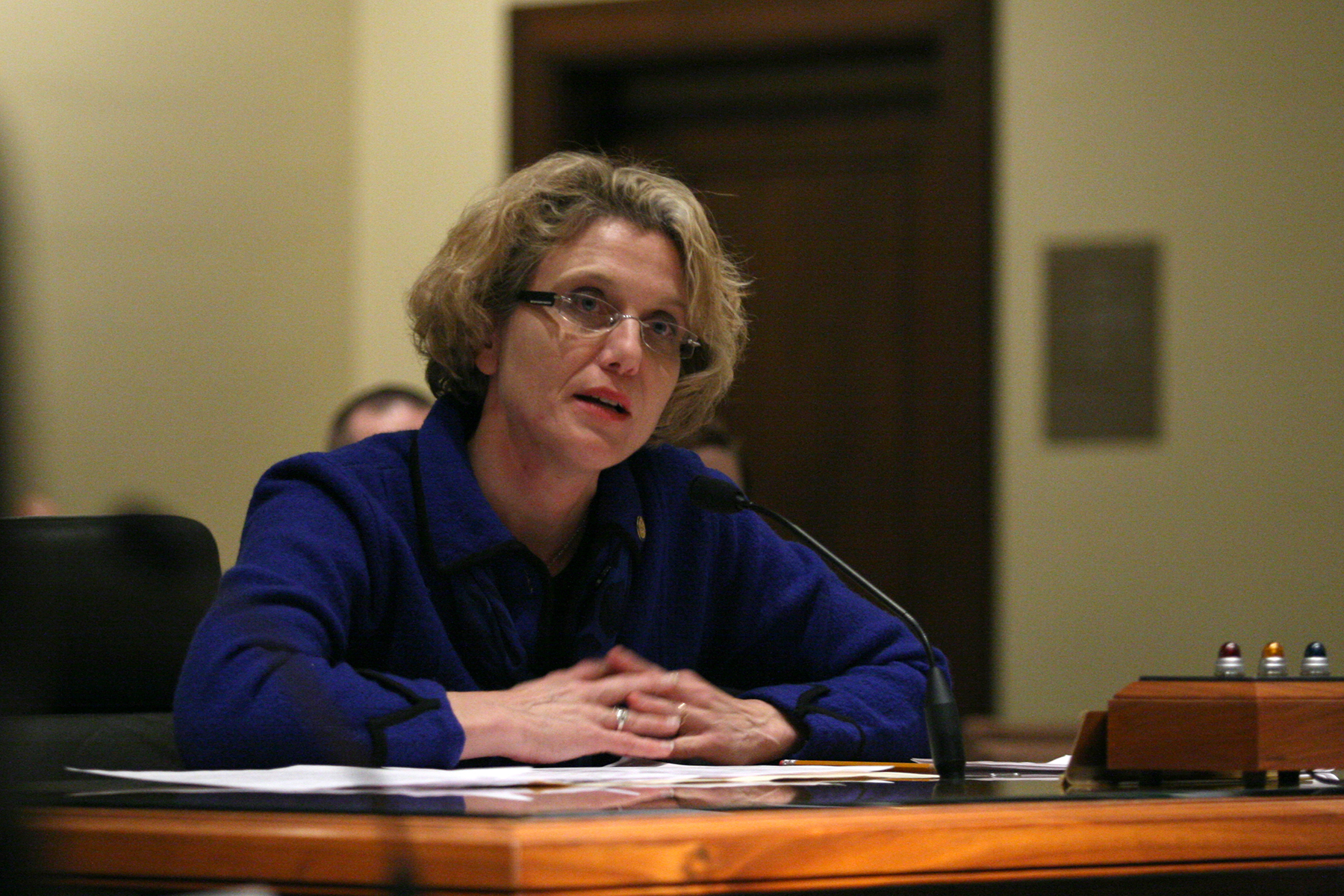AARP Hearing Center
Nebraskans age 45-plus strongly support proposals to help family caregivers when their older parents, spouses or other loved ones go into the hospital and as they transition home, according to a new AARP statewide survey of 800 registered voters.

In the report, seven in 10 (70 percent) respondents believe that being cared for at home with caregiver assistance is the ideal situation when the basic tasks of life become more difficult due to aging or illness.
More than half of Nebraska registered voters age 45 and older are either current or former caregivers (51 percent) or believe they are likely to be caregivers in the future (64 percent). Most Nebraska caregivers are helping or have helped their loved ones with complex care like nursing and other medical tasks (66 percent) and managing medications (64 percent).
“The survey reveals that caregivers believe it is important to be able to provide care so their loved ones can keep living independently in their own home. They want more training and resources that allow them to safely provide this in-home care,” said Mark Intermill, advocacy director for AARP Nebraska.
Specifically, the survey found that Nebraskans overwhelmingly support:
- Requiring hospitals and health care facilities to explain and demonstrate medical and nursing tasks that family caregivers will need to perform after the patient returns home (94 percent);
- Keeping a family caregiver informed of major decisions, like transferring or discharging the patient (92 percent); and
- Recording the name of a patient’s family caregiver in the medical record upon admission (81 percent).
The Assisting Caregiver Transitions Act, sponsored by State Sen. Sue Crawford of Bellevue and endorsed by AARP, would provide these commonsense steps that Nebraska voters say they want. The bill aims to ensure that caregivers know what to do to safely look after loved ones when they’re discharged from a hospital. In total, 18 states and Puerto Rico have enacted measures similar to the Assisting Caregiver Transitions Act.
AARP’s survey shows that the respondents’ party affiliation is nearly evenly divided among Democrats, Republicans and Independents when it comes to supporting the elements of the Assisting Caregiver Transitions Act. Ninety-five percent of both Republicans and Democrats back requiring hospitals to explain or demonstrate needed medical tasks that caregivers will perform at home.
“It is rare to find close to unanimous agreement on a public policy issue among Nebraska voters,” Intermill said. “This survey should be a wake-up call to Nebraska leaders about Nebraska family caregiver realities and challenges, and what our state needs to do to better support them. AARP applauds Sen. Crawford for introducing the Assisting Caregiver Transitions Act. We look forward to working with her and other lawmakers to secure its passage.”
He added that the survey findings affirm the important role nearly 200,000 Nebraskans serve throughout the year as family caregivers. They provide unpaid care to parents, spouses and other loved ones valued at $2.5 billion annually and save the State of Nebraska money by keeping their loved ones out of costly institutions, such as nursing homes, and helping to prevent hospital readmissions.
The AARP telephone survey of 800 Nebraska voters age 45-plus was conducted Oct. 2-7, 2015 to learn about their experiences with family caregiving. The survey’s margin of error is plus or minus 3.5 percent.
Click here for the full survey report.































































